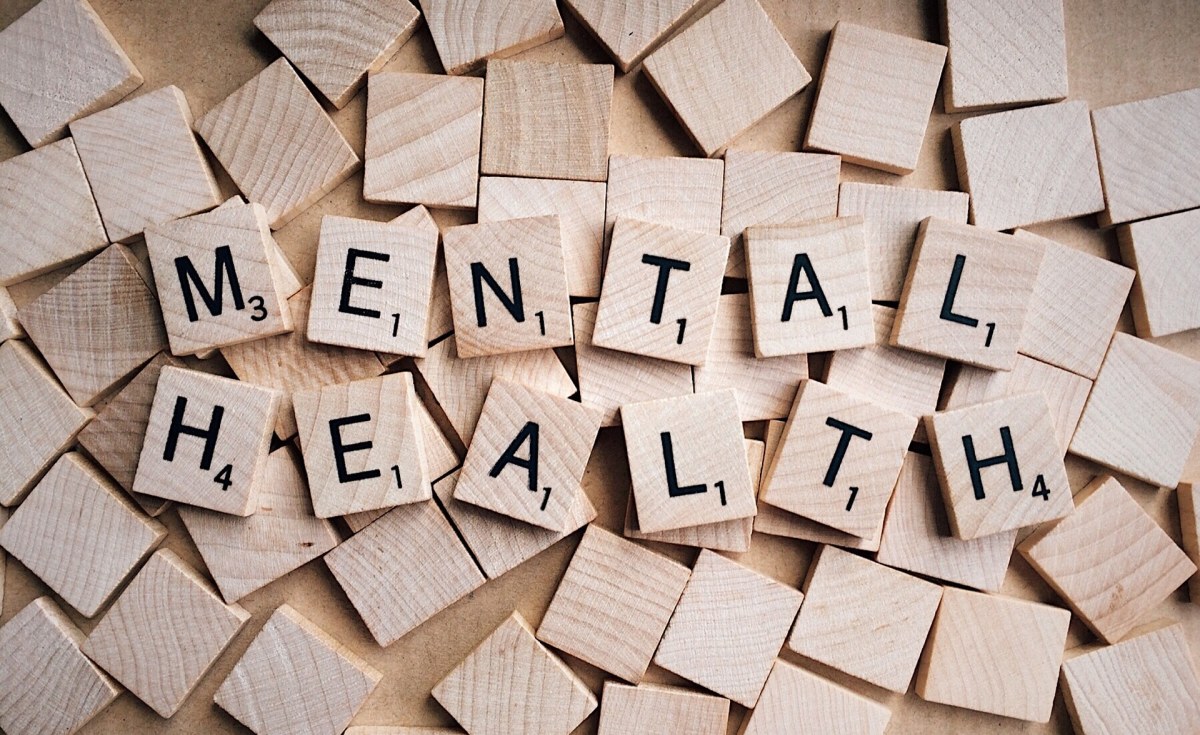Depression, anxiety increased by 25% in 2020
The World Health Organisation (WHO) has said about one billion people globally are suffering from some form of mental disorder, according to the latest United Nations data.
The data released at the weekend said the staggering figure was even more worrying because it included around one in seven teenagers.
“To make matters worse, in the first year of the COVID-19 pandemic, rates of common conditions such as depression and anxiety went up by more than 25 per cent,” it said.
The data revealed that social and economic inequalities, public health emergencies, war, and the climate crisis were among the global, structural threats to mental health.
It offered examples of good practices that should be implemented as quickly as possible in recognition of the important role that mental health played in positive and sustainable development.
WHO’s Director-General, Dr. Tedros Ghebreyesus, said: “Everyone’s life touches someone with a mental health condition. Good mental health translates to good physical health and this new report makes a compelling case for change.
“The inextricable links between mental health and public health, human rights and socio-economic development mean that transforming policy and practice in mental health can deliver real, substantive benefits for individuals, communities and countries.
“Investment into mental health is an investment into a better life and future for all.”
He added that even before the COVID-19, only a small fraction of people in need of help had access to effective, affordable and quality mental health treatment, citing latest available global data from 2019.
He said, for instance, more than 70 per cent of those suffering from psychosis worldwide did not get the help they needed.
“The gap between rich and poor nations highlights unequal access to healthcare, as seven in 10 people with psychosis receive treatment in high-income countries, compared to only 12 per cent in low-income countries,” he said.
According to him, the situation is more dramatic for cases of depression, pointing to gaps in assistance across all countries including high-income ones.
“Only one third of people who suffer from depression receive formal mental health care.
“Although high-income countries offer ‘minimally-adequate’ treatment for depression in 23 per cent of cases, this drops to just three per cent in low and lower middle-income countries,” he said.
“We need to transform our attitudes, actions and approaches to promote and protect mental health, and to provide and care for those in need.
“We can and should do this by transforming the environments that influence our mental health and by developing community-based mental health services capable of achieving universal health coverage for mental health,” he said.
Source link

